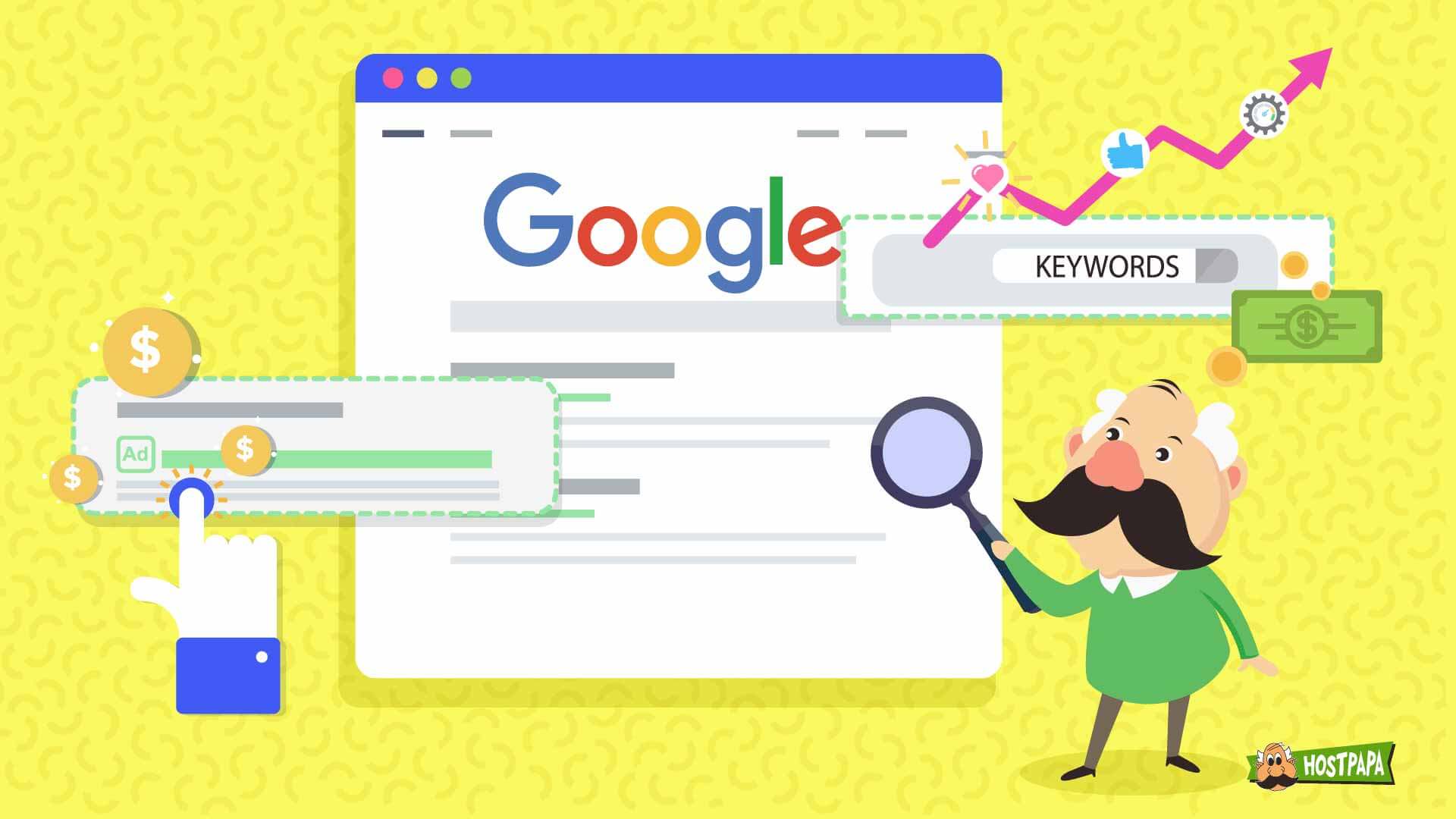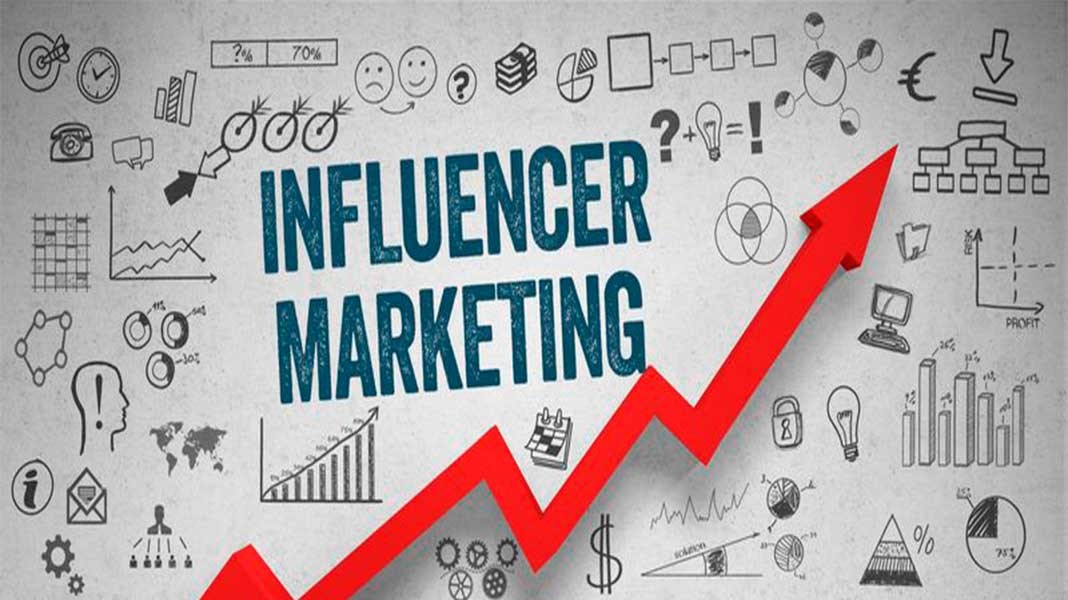Getting Started with Paid Search Marketing: A Beginner’s Guide
If you’ve ever searched for something on Google and noticed the ads at the top of the results page, you’ve already seen paid search marketing in action. It’s a powerful and targeted way for businesses to reach potential customers, and it works faster than many traditional forms of digital marketing.
For beginners stepping into the world of online advertising, paid search can feel overwhelming. But once you understand the fundamentals, it becomes a manageable and highly rewarding marketing tool.
What Is Paid Search Marketing?
Paid search marketing, also known as pay-per-click (PPC) advertising, allows businesses to display ads on search engine results pages. These ads appear when users type specific keywords related to your business, and you only pay when someone clicks on your ad—hence the term “pay-per-click.”
The most widely used platform for paid search is Google Ads, followed by Bing Ads and others. These platforms let you bid on keywords, create text ads, and drive targeted traffic to your website.
How Paid Search Works
Here’s a simple breakdown of how paid search marketing functions:
- Keyword Selection: You choose keywords that potential customers might search for.
- Ad Creation: You write brief, relevant ads that align with those keywords.
- Bidding: You set the amount you’re willing to pay for a click.
- Ad Auction: Search engines determine which ads to show based on relevance and bid amount.
- Click and Pay: If a user clicks your ad, you pay the agreed amount and direct them to your landing page.
Why Paid Search Is Valuable
- Fast Results: Unlike SEO, which takes time, paid search brings immediate traffic.
- Precision Targeting: Choose your audience by location, device, and more.
- Controlled Spending: Set daily or monthly budgets to manage costs.
- Data-Driven Decisions: Track every click and conversion to optimize performance.
Core Elements of a Successful Paid Search Campaign
- Effective Keyword Research
Focus on relevant, intent-driven keywords that match what your audience is looking for.
- Compelling Ad Copy
Create ads that are clear, engaging, and action-oriented to attract clicks.
- Optimized Landing Pages
Ensure your landing pages are user-friendly and aligned with your ad content.
- Targeting Options
Use targeting features to reach the right audience at the right time.
- Regular Monitoring and Testing
Continuously track and improve your campaigns using performance data.
Common Mistakes to Avoid
- Ignoring Search Intent: High volume doesn’t always mean high value.
- Not Using Negative Keywords: Filter out irrelevant searches to save budget.
- Overlooking Mobile Experience: Make sure landing pages are mobile-friendly.
- “Set It and Forget It” Mentality: Consistent optimization is key to success.
Is Paid Search Right for You?
If you want to reach customers who are actively searching for what you offer, paid search can be one of your most effective tools. Whether you’re a small local business or a growing online brand, it provides flexibility, scalability, and measurable returns.
Final Thoughts
Paid search marketing is more than just putting money behind a few ads. When done right, it can be a strategic engine for growth, helping you reach the right audience at the right time. Start with clear goals, focus on strong ad and keyword alignment, and keep refining your approach based on results.
In the ever-competitive digital space, being seen at the top of search results could be the difference between a missed opportunity and a loyal customer. And paid search makes that visibility possible—even if you’re just getting started.




